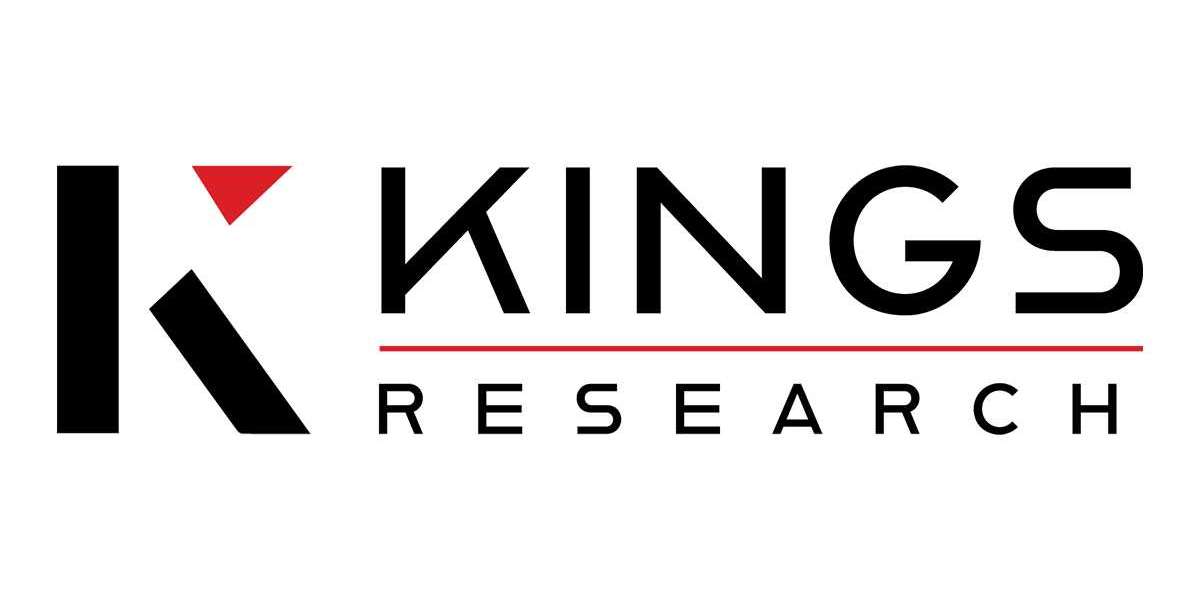1. Sanofi’s Revolutionary Gene Therapy for MPS I
Sanofi is at the forefront of gene therapy development for MPS I with its MPS I program, which aims to address the genetic root cause of the disease. The therapy utilizes an adeno-associated virus (AAV) vector to deliver a healthy copy of the IDUA gene, which encodes the missing enzyme in MPS I patients.
Initial results from mucopolysaccharidosis I clinical trials are promising, showing that this gene therapy could potentially restore enzyme activity, reduce GAG accumulation, and provide a long-lasting therapeutic effect. If successful, this treatment could drastically alter the future of MPS I treatment, offering a one-time solution instead of lifelong treatments.
2. BioMarin’s Direct Enzyme Delivery to the Brain
BioMarin’s innovative approach targets one of the biggest challenges in MPS I treatment: delivering therapeutic enzymes to the central nervous system. The company’s intrathecal enzyme delivery method administers the enzyme directly into the cerebrospinal fluid, allowing it to better reach the brain and spinal cord.
This therapy aims to address the neurological symptoms seen in the severe form of MPS I, which are often poorly managed by traditional ERT. Clinical trials have shown early promise, and this method could significantly improve the quality of life for MPS I patients with brain involvement.
3. Substrate Reduction Therapies from ISP Technology
ISP therapies are an exciting new approach in treating MPS I, focusing on reducing the production of harmful GAGs rather than replacing the missing enzyme. Companies like Inventiva are developing substrate reduction therapies that target key enzymes involved in GAG synthesis.
By controlling the buildup of these molecules, ISP therapies may offer an alternative or adjunct to traditional ERT. Early mucopolysaccharidosis I clinical trials have indicated that this therapy is safe and effective, providing an oral treatment option that could complement existing therapies.
4. Orchard Therapeutics’ Stem Cell Gene Therapy Platform
Orchard Therapeutics is developing a cutting-edge stem cell gene therapy for MPS I, which combines the benefits of gene therapy with hematopoietic stem cell transplantation. This therapy involves harvesting the patient’s own stem cells, genetically modifying them to produce the missing enzyme, and then reintroducing them into the body.
This approach aims to provide long-term enzyme production, potentially offering a curative solution for MPS I patients. Early trials in related lysosomal storage diseases have been promising, and clinical trials for MPS I are progressing steadily.
A New Chapter in MPS I Treatment
The Mucopolysaccharidosis Type I treatment pipeline is filled with a variety of promising therapies that could significantly improve the lives of MPS I patients. With advancements in gene therapy, substrate reduction, and direct enzyme delivery, the future of MPS I treatment is looking brighter than ever. Continued research and clinical trials will be critical in determining which of these therapies will become the next standard of care for this challenging disease.
Latest Reports Offered By DelveInsight:
- Prader-Willi Syndrome Drug Market Heats Up: 5 Upcoming Challengers to Soleno’s VYKAT XR
- AI-Driven Diagnostics: Why are They the Next Big Thing in Healthcare?
- Sanofi’s Qfitlia Enters the Hemophilia Market—What Sets It Apart?
- Advances in Prader-Willi Syndrome Treatment: New Hope for Patients
- Revolutionary Advances and Bright New Horizons in Multiple Myeloma Treatment
Latest Reports:-
Propionic Acidemia Market | Ptosis Market | Radiotherapy Induced Oral Mucositis Market | Respiratory Syncytial Virus Infections Market | Synovial Sarcoma Market | Systemic Mastocytosis Market | Thymidine Kinase 2 Deficiency Market | Trichotillomania Market | Wilms Tumor Market | Alpha Thalassemia Market | Chronic Pulmonary Infection Market | Digestive System Fistula Market | Eosinophilic Disorder Market | Muscle Spasticity Market | Pacemakers
Market | Peripheral Nerve Repair Devices Market | Pertussis Market | Postpartum Depression Market | Ranibizumab Biosimilars Market | Retinitis Pigmentosa Market | Urinary Incontinence Devices Market






